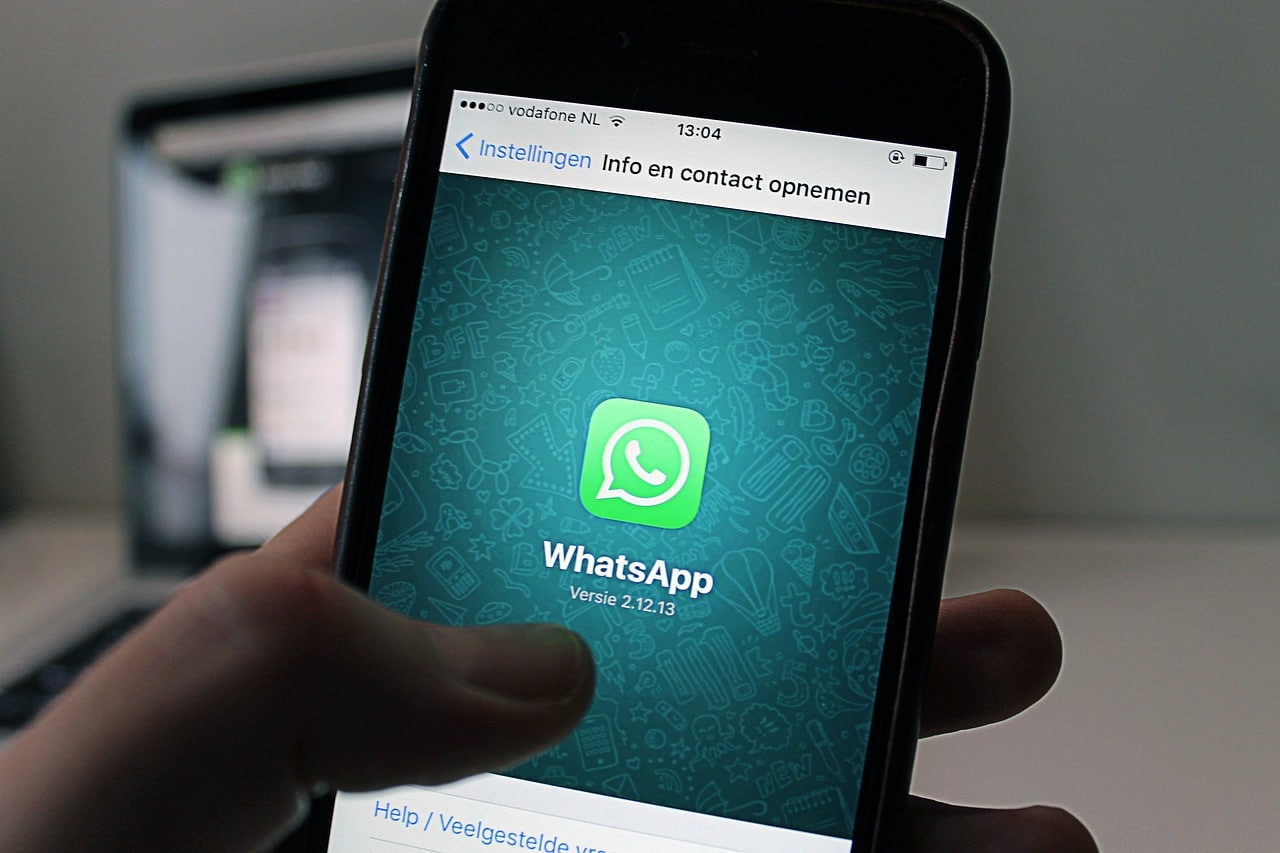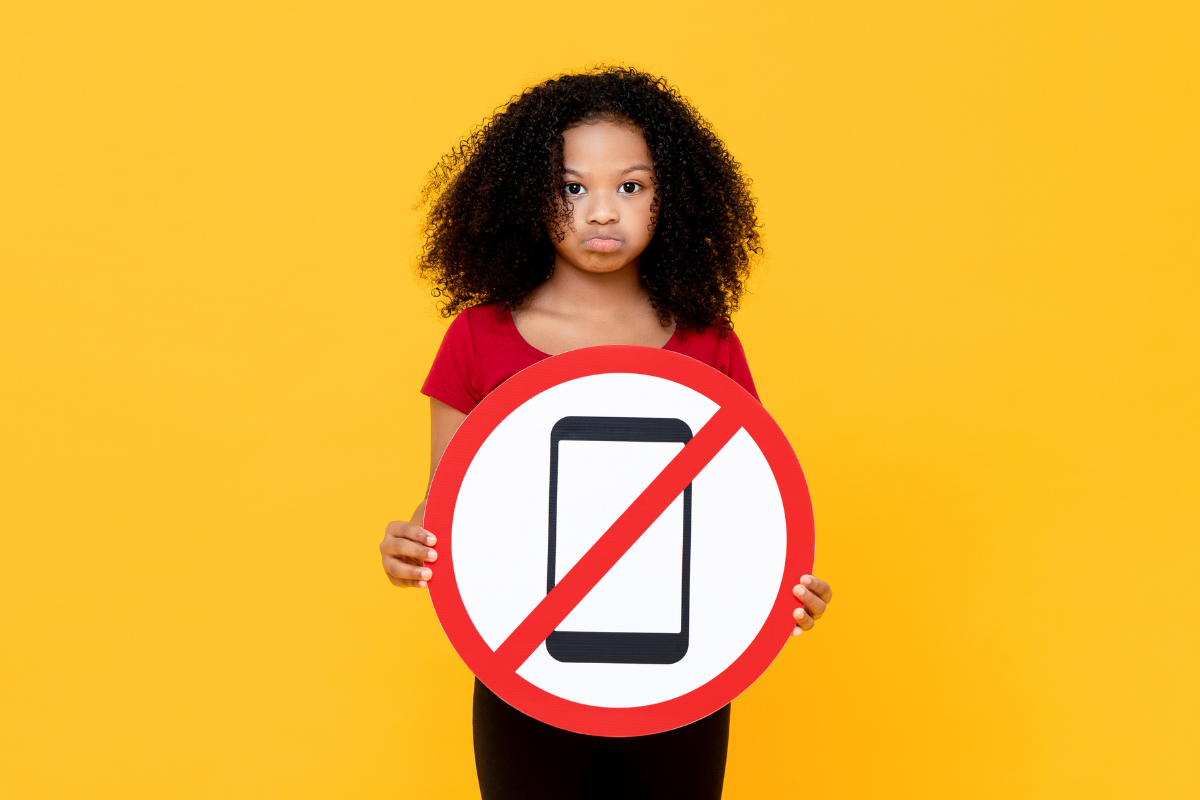Some browsers can cause problems for the user and the cell phone.
When searching for something on the internet using our cell phones, we usually use the default browser, which comes pre-installed, such as Chrome or Safari, on Android and iOS devices. We often don't even think about looking for other, more secure browsers, which can end up affecting the security and privacy of our data, as well as the overall user experience. Therefore, it is important to be careful and choose the best browsers, which can be safer options, avoiding the risk of data theft and problems with the device itself.
Find out now how to best choose browsers for your cell phone, to avoid headaches and improve your user experience.

Security
It is always important to remember that various personal information can be exposed when browsing the internet, through your cell phone, such as personal information, passwords, browsing data, location and more. Therefore, it is extremely important to use a secure browser that protects data and prevents malicious people from accessing information without authorization.
It is also important to remember that the risks of exposing this information may be even greater if the user accesses Wi-Fi networks public networks, which are generally less secure than private networks. Therefore, it is recommended to use a Virtual Private Network (VPN) to ensure the security of information when browsing the Internet.
Some browsers have a built-in VPN function, such as Opera, in its mobile version. Although it is limited, allowing connection in a few regions of Europe, America and Asia, it is a good protection option.
How do I know if my browser is secure?
Several features can indicate the security of a browser. One of them is regular updates, which can fix security flaws and improve the browser's privacy. Another important feature is tracking blocking. By restricting access to trackers, cookies, and other tracking tools that collect information, the browser helps protect the user's privacy on the web. Encryption is another important feature that a browser should have. This is essential to protect information and prevent others from accessing personal data.
Android
There are many options for secure browsers for Android, which can ensure user privacy when browsing the internet. In addition to Opera, Firefox, Brave, DuckDuckGo and Tor Browser, which is known for maintaining user privacy, can be good options. Tor Browser uses a network of servers that hide the user's IP address and encrypts internet traffic, which makes it a safer option for browsing.
Opera has a built-in VPN option, which helps protect your privacy when browsing on public networks. Another option is the Vivaldi browser, which offers privacy features such as ad and tracker blocking.
These options can help protect your online privacy and improve your browsing experience.
iPhone
Safari is the iPhone's default browser, and although it is considered safe and a good option, there are other alternatives available for those users looking for more privacy and protection when browsing the internet.
Firefox and DuckDuckGo are great for people who want a high level of security and data privacy. Firefox can block ads and trackers and offers extensions that allow users to customize their browsing experience, further protecting their data. DuckDuckGo, in addition to blocking ads and trackers, does not store user information.
Tips
Some tips can also be essential for browsing with greater security and data privacy:
– Secure connection: in addition to choosing a secure browser, use secure connections, such as a password-protected Wi-Fi network or VPN connection, offering greater security and preventing hackers from accessing your data.
– Strong passwords: Have strong, unique passwords for each account you use. This ensures that even if one password is stolen, your other accounts will remain secure.
– Suspicious links: Do not click on suspicious links or emails from senders you do not know. It is also important to check the URL before clicking on a link and have antivirus software to protect your device.
– Two-factor authentication: Two-factor authentication is another way to ensure device security, as it requires a second form of identification in addition to the password. Enable this option whenever possible and protect your accounts.
– Clear your history: in addition to all other forms of protection, always clear your browsing history. This helps maintain your browsing privacy and prevents hacker attacks, keeping your data and device more protected.



